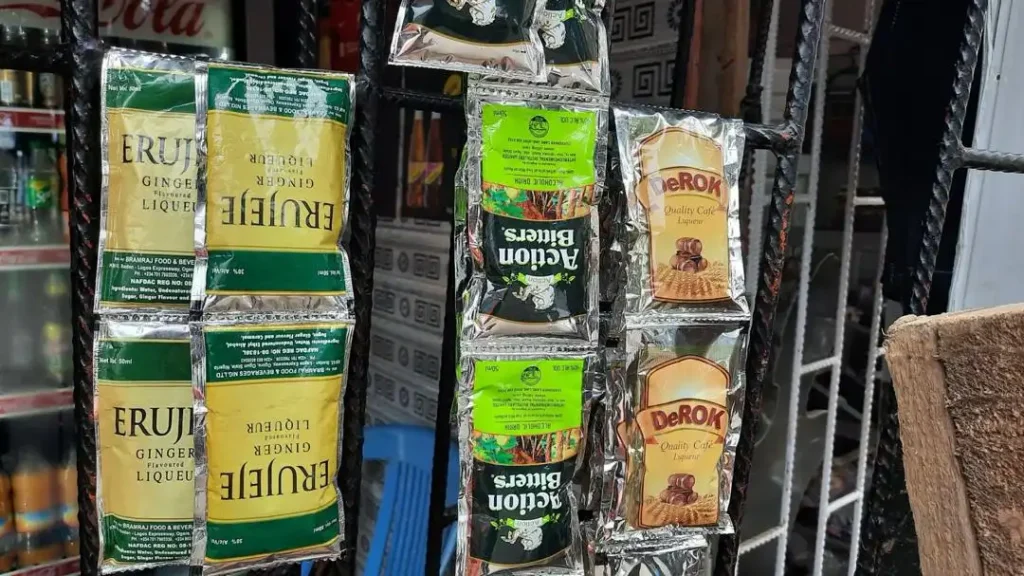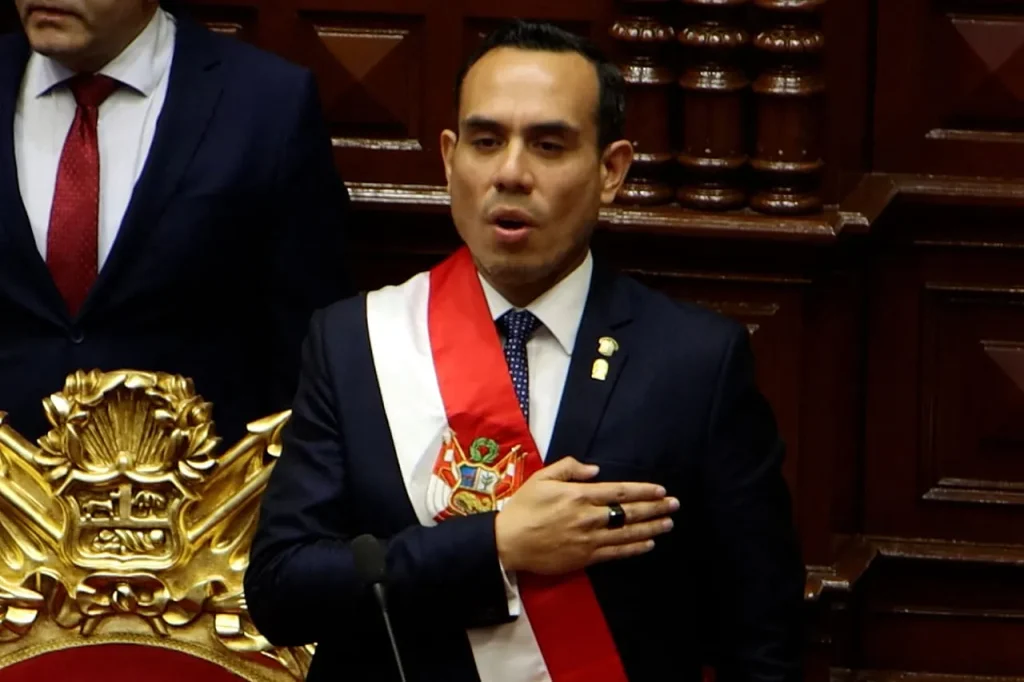A major crisis threatens Nigeria’s manufacturing sector. The Food, Beverage, and Tobacco Senior Staff Association (FOBTOB) has raised a serious alarm. They warn that the government’s plan to ban sachet alcohol could cause an economic disaster.
The government plans to enforce this ban on December 31. It targets sachet drinks and bottles smaller than 200ml. According to the union, this move could cost the nation N2 trillion in investments.
5.5 Million Jobs at Risk
FOBTOB President Jimoh Oyibo spoke at a press conference in Lagos on Friday. He painted a grim picture of the situation.
Oyibo stated that the ban puts approximately 5.5 million jobs at risk.
- Direct Jobs: Over 500,000 workers in factories could lose their employment.
- Indirect Jobs: Nearly five million people in the supply chain would also suffer. This includes suppliers, distributors, and marketers.
“Repealing the order would avert the grave repercussions,” Oyibo said. He insisted that stopping the ban is necessary to save these livelihoods.
Call for a Senate Hearing
The union is asking the Senate to intervene immediately. Oyibo called for a public hearing before the ban starts. He believes this will ensure fairness for all stakeholders.
“The Senate should invite relevant stakeholders to a Public Hearing to ‘hear the other side’,” Oyibo urged.
He reminded the government that a similar ban was suspended last year. This happened after labor protests and intervention by the House of Representatives.
A Policy Solution Exists
Oyibo expressed frustration with the current approach. He noted that a solution already exists.
After last year’s suspension, stakeholders developed a comprehensive National Alcohol Policy. This policy was validated in October 2025 with NAFDAC’s involvement. Oyibo urged lawmakers to use this framework instead of a total ban.
Warning of “Total Collapse”
The union warned that a ban would have unintended consequences. Oyibo predicted that indigenous manufacturers might collapse completely.
Consequently, smuggling would likely increase. Unregulated and dangerous products could flood the market.
Finally, Oyibo highlighted the social cost. He warned that families will fall into poverty.
“The very children the policy claims to protect may be forced out of school if their parents lose their jobs,” he concluded.























